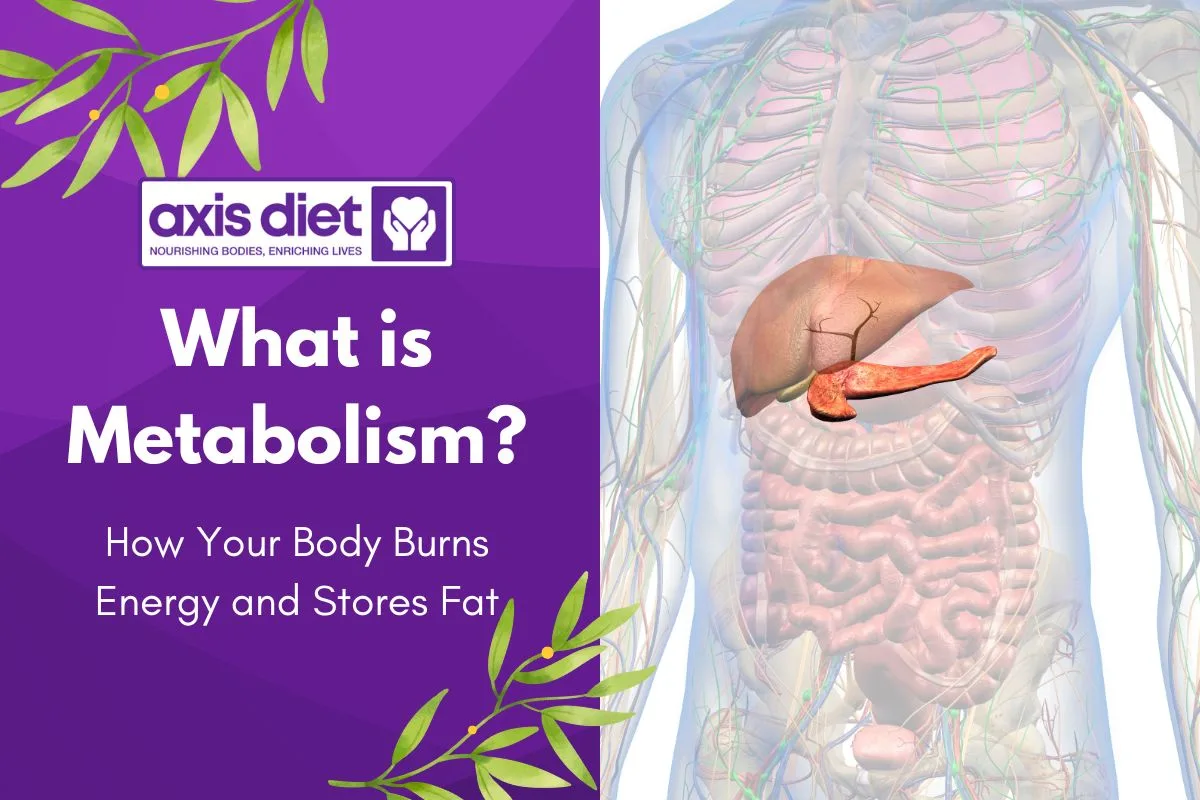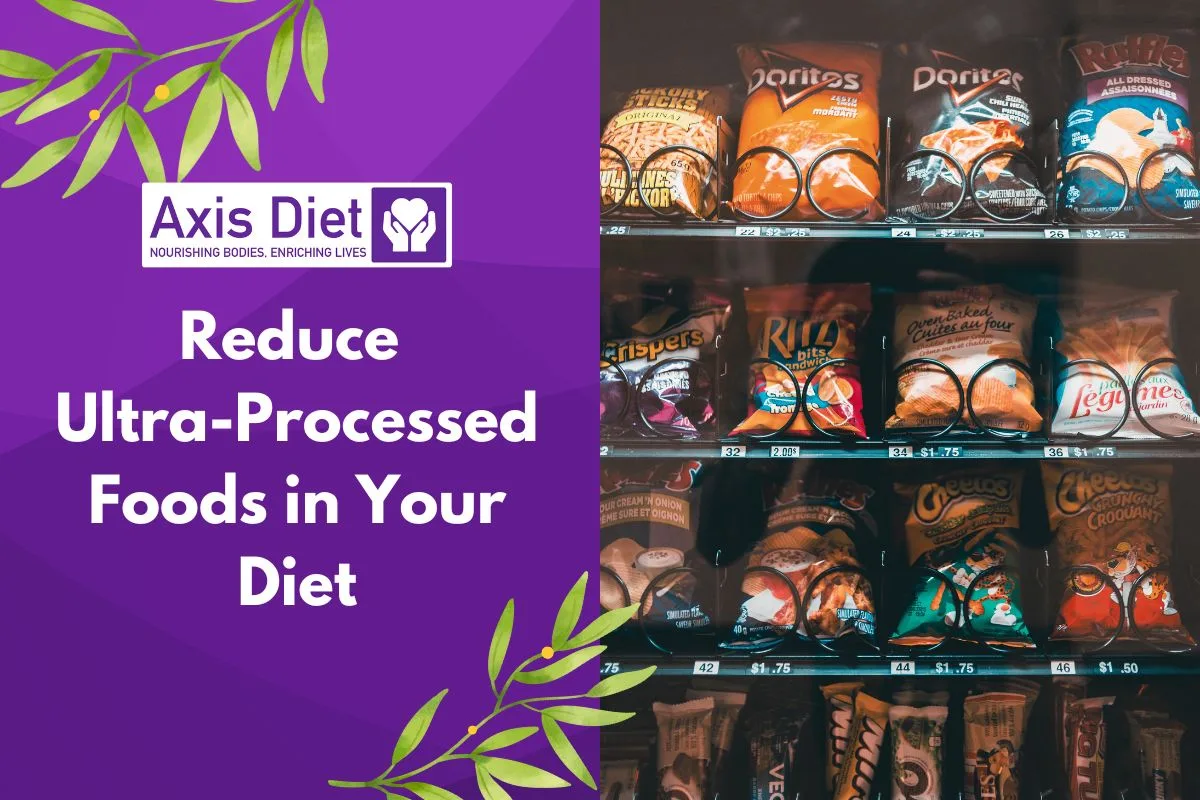Metabolism is a term you’ve likely heard countless times, especially when talking about weight loss, fitness, or energy levels. But what does it really mean? Simply put, metabolism refers to all the chemical reactions happening in your body that keep you alive and functioning. From breathing and digesting food to repairing cells and even thinking, metabolism is at work 24/7. It’s intricately tied to nutrition, as the food you eat provides the fuel for these life-sustaining processes.
Let’s dive into the fascinating details of metabolism, how your body processes energy, and what you can do to keep it running smoothly.
Metabolism in Action
Your body is like a machine, constantly running processes that require energy. This energy comes from the food you eat, measured in calories. On average, here’s how your body spends the energy it consumes:
• 10% on digestion
• 20% on physical activity
• 70% on keeping your organs and tissues alive
Even when you’re sitting still, your body is hard at work keeping your heart beating, your brain functioning, and your lungs breathing. This energy expenditure is known as your Basal Metabolic Rate (BMR), the number of calories your body burns at rest just to stay alive.
The Fed State vs. Fasted State
Your metabolism operates differently depending on whether you’ve just eaten or you’re in between meals. These two states – fed (absorptive) and fasted (post-absorptive) – are like a balancing act to ensure your body always has the energy it needs.
Fed State
After eating, your body breaks down food into glucose, the primary energy source. This glucose is absorbed into your bloodstream and used by cells for fuel. Any extra glucose that your body doesn’t immediately need gets stored for later.
• Glucose storage: When blood glucose levels rise, your pancreas releases insulin, which signals your liver and muscles to store the surplus as glycogen.
• Fat storage: If there’s more energy than your body can store as glycogen, insulin helps convert the excess into fat, stored in adipose (fat) tissue.
Your BMR, influenced by factors like age, genetics, sex, and muscle mass, determines how much energy your body uses and stores. Consuming more calories than you burn consistently will lead to excess fat storage.
Fasted State
After several hours without food, your blood glucose levels begin to drop. To maintain energy, your body shifts gears:
• Glycogen breakdown: The pancreas releases glucagon, which tells your liver to break down glycogen back into glucose for energy.
• Fat metabolism: If fasting continues, your body taps into fat stores, breaking them down into fatty acids and glycerol for fuel.
• Protein usage: As a last resort during prolonged fasting, your body may break down protein from muscles for energy, but this is not ideal.
Calories: More Than Just Numbers
Calorie is another word for kilocalorie (kcal), and 1 calorie is the amount of energy it takes to raise the temperature of 1g of water by 1°C.
A calorie is a unit of energy that tells us how much fuel is stored in the foods we eat. However, not all calories are created equal. Factors like digestion, gut health, and even food composition influence how much energy your body actually absorbs.
• Fiber-rich foods: Foods like nuts and whole grains take more energy to digest, meaning you absorb fewer calories from them.
• Personal differences: Two people eating the same meal may absorb different amounts of energy based on factors like gut health or the length of their intestines.
It’s also important to look beyond calorie counts. You could technically meet your calorie needs with junk food, but that won’t give you the essential macronutrients, vitamins, and minerals your body needs to thrive. Prioritize nutrient-dense foods like fruits, vegetables, whole grains, and lean proteins for optimal health.
Blood Sugar Response: How Your Body Maintains Balance
Your body has an incredible system for maintaining blood sugar levels within a healthy range. This process involves two key hormones, insulin and glucagon, working in harmony to regulate energy. Let’s break it down,
When Blood Sugar is High
After a meal, when blood sugar levels rise, the pancreatic beta cells step in. They release the hormone insulin into the bloodstream. Insulin acts as a key, unlocking your body’s cells so glucose can enter and be used as energy.
As glucose levels in the bloodstream are depleted, blood sugar naturally begins to fall. At this point, the body shifts gears to maintain balance.
When Blood Sugar is Low
When blood sugar dips too low, the pancreatic alpha cells spring into action, releasing the hormone glucagon. Glucagon helps regulate blood sugar by triggering the release of stored glucose from the liver and muscles.
This released glucose enters the bloodstream, restoring energy levels. As blood sugar rises, beta cells are once again stimulated to release insulin, ensuring glucose is used efficiently.
This balancing act between insulin and glucagon keeps your body energized and prevents extreme highs or lows in blood sugar. A disruption in this system—such as insufficient insulin production or poor cellular response—can lead to conditions like diabetes or hypoglycemia.
How to Support a Healthy Metabolism
Your metabolism isn’t entirely fixed—it can be influenced by your lifestyle choices. Here are some tips to keep it running efficiently:
1. Stay Active: Exercise, particularly strength training, builds muscle mass, which increases your BMR since muscle burns more energy than fat even at rest.
2. Eat Balanced Meals: Focus on whole, nutrient-rich foods that provide steady energy throughout the day.
3. Stay Hydrated: Water is essential for metabolic processes, so drink enough to keep your body functioning optimally.
4. Get Enough Sleep: Poor sleep can slow down your metabolism and lead to weight gain.
5. Don’t Skip Meals: Skipping meals can cause your body to hold onto fat reserves, thinking it’s in starvation mode.
Key Takeaway
Metabolism is more than just a buzzword—it’s the foundation of how your body functions. Whether you’re in a fed state storing energy or a fasted state breaking it down, your metabolism ensures your body has the fuel it needs to thrive. By understanding how it works and making healthy lifestyle choices, you can support your metabolism and feel your best every day.
Remember, it’s not just about counting calories. Instead, focus on nourishing your body with wholesome foods and maintaining a balance between energy intake and expenditure. When your metabolism works in harmony with your lifestyle, you’ll set the stage for long-term health and vitality.
Axis Diet is dedicated to empowering individuals with knowledge and practical advice for healthier living. Our articles, grounded in research and expert insights, aim to simplify complex nutritional concepts, offering a comprehensive understanding of various aspects of diet and wellness. While these articles are informative and a great starting point for anyone looking to improve their health, they are for informational purposes only.
For personalized, professional guidance tailored to your unique health needs, we encourage you to consult with Axis Diet’s registered dietitians. Reach out to us at Axis Diet – Nourishing Bodies, Enriching Lives for expert personalized guidance on your nutritional journey.





